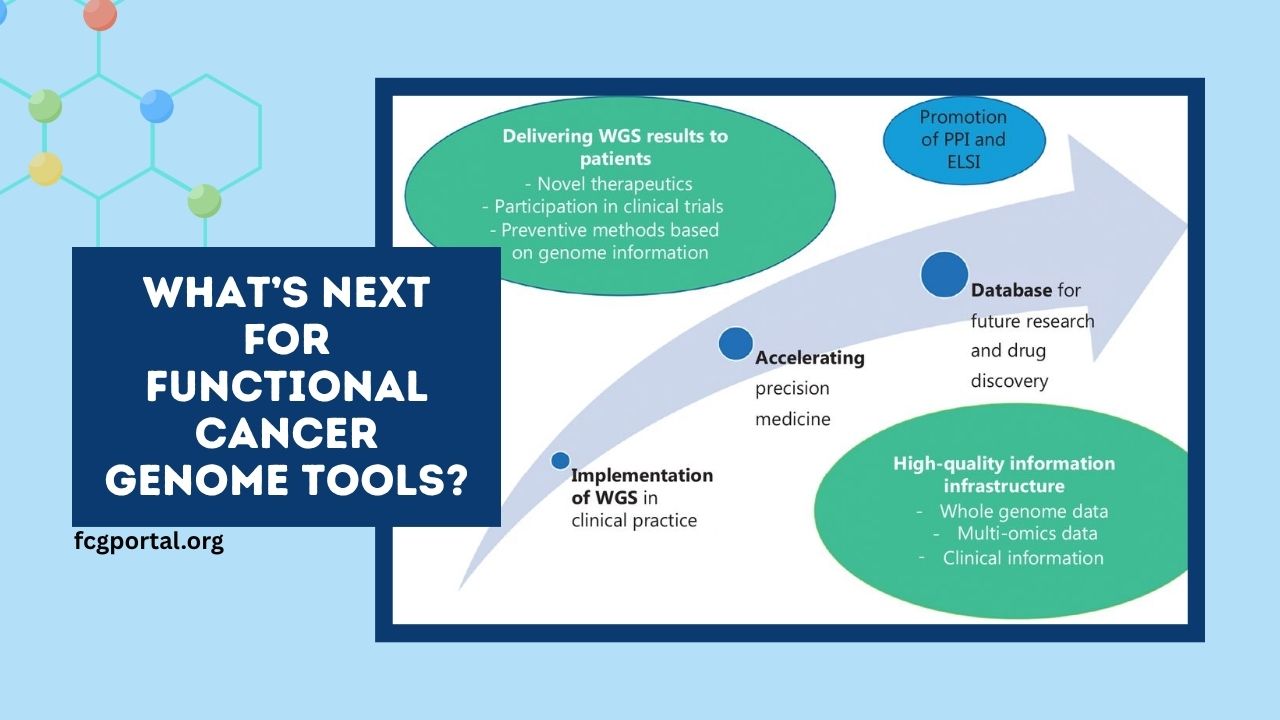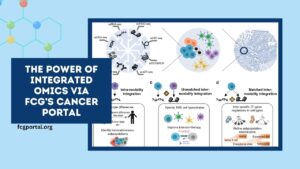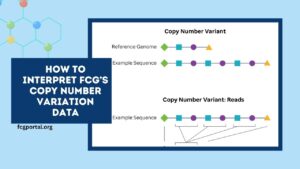Functional genomics is revolutionizing cancer research by elucidating the roles of genes and their interactions in tumorigenesis.
In 2025, the integration of advanced technologies and methodologies is propelling the field towards more precise and personalized cancer therapies.
This article delves into the latest developments in functional cancer genome tools, highlighting their impact on understanding cancer biology and improving patient outcomes.
Overview of Functional Genomics in Cancer
Functional genomics involves studying the function and interaction of genes within the genome.
In cancer research, it aims to identify genetic alterations that drive tumorigenesis and to understand how these changes affect cellular processes.
This knowledge is crucial for developing targeted therapies and improving patient outcomes.
Key Technologies Transforming Functional Genomics
1. CRISPR-Cas Systems
CRISPR-Cas technologies have revolutionized gene editing by allowing precise modifications of the genome. In cancer research, CRISPR screens are employed to identify genes essential for tumor growth and survival.
Advances in CRISPR systems, such as the development of Cas12a, enable more efficient and multiplexed gene editing, facilitating the discovery of novel therapeutic targets.
2 Next-Generation Sequencing (NGS)
NGS technologies, including whole-genome sequencing (WGS) and whole-exome sequencing (WES), provide comprehensive insights into the genetic landscape of cancers.
These platforms allow for the detection of somatic mutations, structural variations, and gene fusions, which are pivotal in understanding cancer biology and identifying potential biomarkers for diagnosis and treatment.
3. Artificial Intelligence and Machine Learning
AI and machine learning algorithms are increasingly utilized to analyze complex genomic data.
These tools assist in identifying patterns and predicting outcomes, thereby enhancing the precision of cancer diagnostics and treatment planning.
AI-driven platforms integrate multi-omics data to provide a holistic view of tumor biology.
Emerging Tools and Platforms
1. Functional Genomic Imaging (FGI)
FGI is a visualization tool that assists clinicians in interpreting RNA sequencing results from patient samples.
By using weighted gene co-expression network analysis (WGCNA), FGI identifies co-expression gene clusters, which can be annotated and projected onto a t-SNE map for visualization.
This approach aids in understanding tumor heterogeneity and guiding treatment decisions.
2. ShortStop AI Tool
ShortStop is an AI-driven tool designed to identify microproteins encoded by small open reading frames (smORFs).
In cancer research, ShortStop has been used to discover microproteins that may serve as biomarkers or functional entities in tumorigenesis.
Its ability to analyze existing RNA sequencing datasets makes it a valuable resource for large-scale studies.
3. Patient-Derived Organoids (PDOs)
PDOs are 3D cell culture systems derived from patient tumors that mimic the architecture and heterogeneity of the original cancer.
When combined with CRISPR screening, PDOs enable the functional validation of genetic alterations in a context that closely resembles human tumors.
This approach facilitates the identification of therapeutic targets and the evaluation of drug responses.
Applications in Cancer Research and Therapy
1. Drug Resistance Mechanisms
Functional genomics tools are instrumental in uncovering mechanisms of drug resistance in cancer.
By identifying genetic alterations that confer resistance, researchers can develop strategies to overcome these challenges, such as combination therapies or the development of novel agents targeting resistant pathways.
2. Synthetic Lethality
Synthetic lethality occurs when the simultaneous perturbation of two genes leads to cell death, whereas perturbation of either gene alone does not.
Identifying synthetic lethal interactions in cancer cells can reveal novel therapeutic targets, particularly in cancers with specific genetic alterations.
3. Immunotherapy Enhancement
Functional genomics approaches are employed to enhance the efficacy of immunotherapies, such as CAR-T cell therapies.
By identifying genes that modulate immune responses, researchers can develop strategies to improve the persistence and activity of immune cells within the tumor microenvironment.
Challenges and Future Directions
Despite significant advancements, several challenges remain in functional cancer genomics:
- Data Complexity: The integration of multi-omics data presents computational and analytical challenges.
- Model Limitations: Current cancer models may not fully recapitulate human tumor biology.
- Ethical Considerations: The use of genomic data raises privacy and ethical concerns.
Future directions include the development of more sophisticated models, improved computational tools, and the establishment of ethical frameworks to guide research and clinical applications.
Functional genomics has become a cornerstone of cancer research, providing insights into the genetic underpinnings of cancer and facilitating the development of targeted therapies.
The continuous evolution of technologies and methodologies promises to further enhance our understanding and treatment of cancer, moving towards more personalized and effective interventions.
FAQs
What is functional genomics in cancer research?
Functional genomics in cancer research involves studying the roles and interactions of genes within the genome to understand their contributions to cancer development and progression.
How does CRISPR technology aid in cancer research?
CRISPR technology allows for precise editing of genes, enabling researchers to investigate the function of specific genes in cancer cells and identify potential therapeutic targets.
What are patient-derived organoids, and how are they used in cancer research?
Patient-derived organoids are 3D cell culture systems derived from patient tumors that mimic the original cancer’s architecture. They are used to study tumor biology and evaluate drug responses in a more clinically relevant context.



